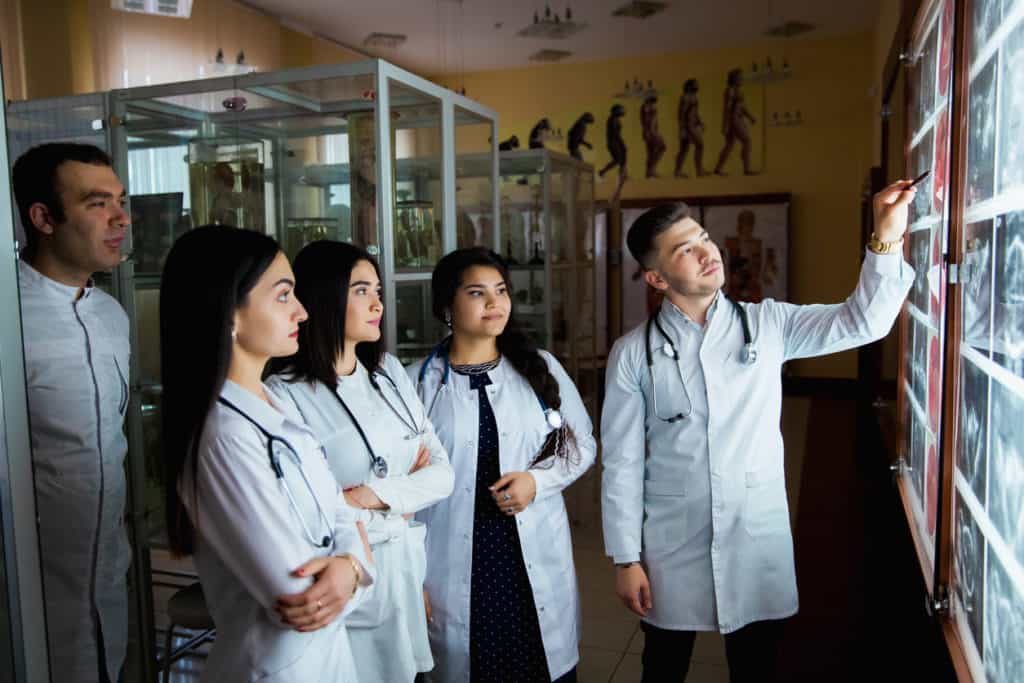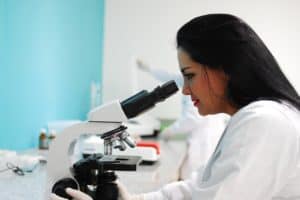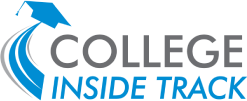Undergraduate Pre-Health Tracks with CIT Consultant, Anne Weber
For incoming undergraduates, pre-health remains a very popular choice. According to data from the College Board, over 10% of students indicated that they planned to focus on “pre-medicine” requirements during their undergraduate studies. And that’s a very good thing because, with an aging population, we need and will continue to need more healthcare providers. Steady job growth is predicted for nearly all healthcare professions for at least the next decade, averaging 13%, and stronger than nearly any other industry.
Many incoming college students feel a pull toward healthcare, but aren’t 100% sure which direction to go. And that’s perfectly OK. In this article, we’ll cover the commonalities among undergraduate studies as well as the path-specific requirements a potential field will require. Additionally, we’ll cover the extracurricular and career advising suggestions that undergraduates should consider if they want to be competitive in their fields.
 “Pre-health” is a broad category that encompasses not only pre-medicine and pre-veterinary, but also a myriad of specialties including but not limited to pre: Nursing (RN/NP), Physical Therapy (PT), Occupational Therapy (OT), Physician’s Assistant (PA), Speech Pathology, Doctor of Osteopathic Medicine (DO), Dentistry/Orthodontia and Pharmacy. In this article, we’ll cover the common courses most of these pre-health specialties will require of undergraduates applying to graduate programs, as well as their respective specific courses. We’ll also touch on the extracurriculars recommended to fortify your candidacy.
“Pre-health” is a broad category that encompasses not only pre-medicine and pre-veterinary, but also a myriad of specialties including but not limited to pre: Nursing (RN/NP), Physical Therapy (PT), Occupational Therapy (OT), Physician’s Assistant (PA), Speech Pathology, Doctor of Osteopathic Medicine (DO), Dentistry/Orthodontia and Pharmacy. In this article, we’ll cover the common courses most of these pre-health specialties will require of undergraduates applying to graduate programs, as well as their respective specific courses. We’ll also touch on the extracurriculars recommended to fortify your candidacy.
As a first-year student interested in healthcare, a prudent approach would be to begin tackling the college courses you’ll need for any pre-health program. For any of the pathways listed above, you’ll need to complete (and do well in) the following courses:
Common Pre-Health Prerequisites
- 1-2 terms of math or statistics
- 1-2 terms of general chemistry
- 1-2 terms of biology
- 1-2 terms of english
Fortunately, these courses fulfill common core requirements for many universities. And all of these even count toward a major in the sciences. As you might guess, most pre-health intenders (60%) major in the sciences, with the vast majority of those in the biological sciences. But that’s just the beginning. For each of these specialties, here are the most typical additional courses needed to fulfill the prerequisites for their respective programs.
Additional Pathway-specific Prerequisites*
Dentistry:
- 2 terms of organic chemistry + 1 term of organic chemistry laboratory
- 2 terms of physics
- Biochemistry
- Psychology
- Microbiology
- Anatomy
- Physiology
Medicine (MD/DO):
- 2 terms of organic chemistry + 1 term of organic chemistry laboratory
- 2 terms of physics
- Biochemistry
- Psychology
- Sociology
- 1-2 microbiology courses
- Anatomy
- Physiology
- Psychology
- Human development
- Other possible requirements: CNA (certified nursing assistant) license, organic chemistry, sociology, genetics, nutrition, medical terminology
Occupational Therapy:
- Anatomy
- Physiology
- Introductory psychology
- Abnormal psychology
- Human development
- Other possible requirements: physics, medical terminology
Pharmacy:
- 2 terms of organic chemistry + 1 term of organic chemistry laboratory
- 2 terms of physics
- Other possible requirements: biochemistry, microbiology, economics, psychology, social sciences
Physical Therapy:
- Anatomy
- Physiology
- 2 terms of physics
- Other possible requirements: kinesiology/exercise physiology, psychology, human development
Physician Assistant:
- 1-2 terms of organic chemistry + 1 term of organic chemistry laboratory
- 2 terms of microbiology
- Anatomy
- Physiology
- Biochemistry
- Psychology
- Sociology
- 500-2000 direct patient-care hours (may include CNA, EMT, phlebotomy, medical scribe)
- Other possible requirements: immunology/cell biology, genetics, medical terminology
Veterinary Medicine
- 2 terms of organic chemistry + 1 term of organic chemistry laboratory
- 2 terms of physics
- 1-2 terms of biochemistry
- Genetics
- Microbiology
- Other possible requirements: microbiology, nutrition, anatomy and physiology
 *Be sure to research degree programs’ requirements as they vary.
*Be sure to research degree programs’ requirements as they vary.
Outside of specific course-work, many programs also require demonstrated interest and relevant experience. Any or all of the following will not only bolster your resume, but will also give you visibility into many aspects of healthcare:
- Work and/or volunteer work in healthcare setting
- Participating in undergraduate research
- Working in a laboratory
- Joining pre-healthcare professional clubs
- Shadowing and/or interviewing professionals in the field
For many students, accomplishing all of these courses and in-setting hours within four years of undergraduate studies can be a challenge. This is where great advising can come in handy. Pre-health students will do well to have a pre-health advisor to begin with and once a specific course is chosen, an advisor who understands their intended specialty. Additionally, well-run pre-health clubs give students exposure to practitioners in healthcare fields. Pro tip: These professionals are often willing to give experienced advice and make wonderful mentors to up-and-coming healthcare providers.
A career in healthcare takes determination, resilience and a ton of hard work. The undergraduate work required of pre-health intenders can be grueling, but is the foundation of your academic pursuits. With careful planning and the assistance of skilled advisors, a pre-health undergraduate can accomplish all the prerequisites for their intended program and leave room in their schedule for a variety of other courses.
Sources: NIH, Department of Labor, MedschoolCoach, Duke PA Planning, AMA
